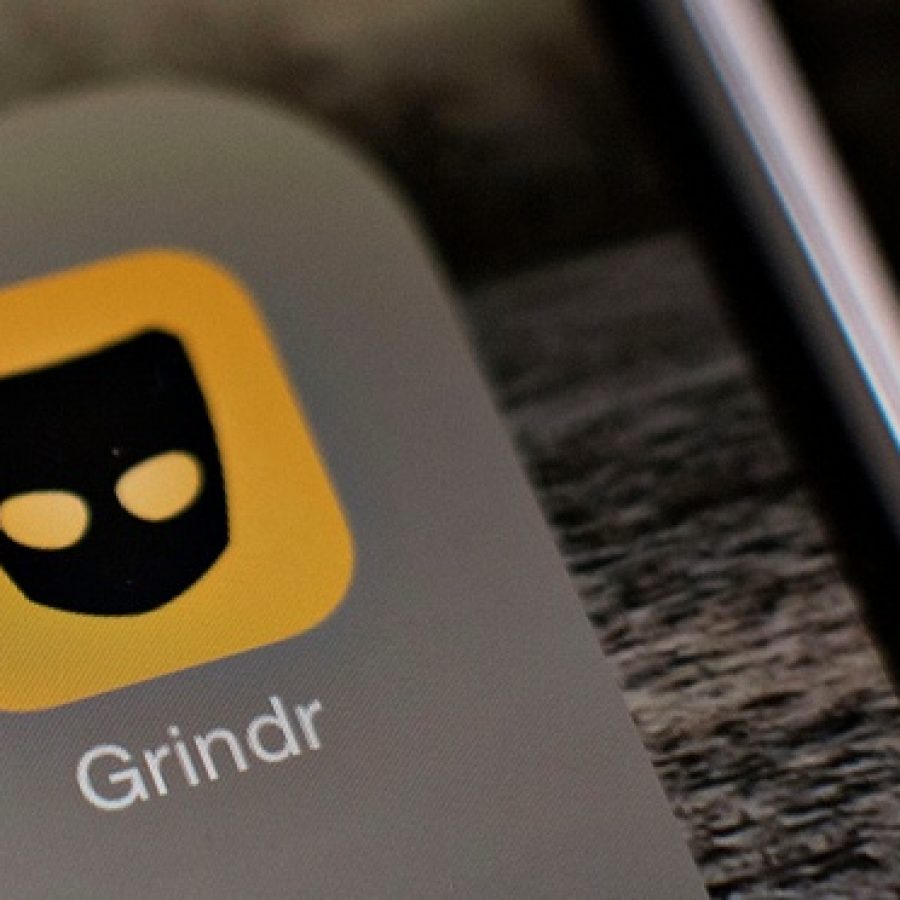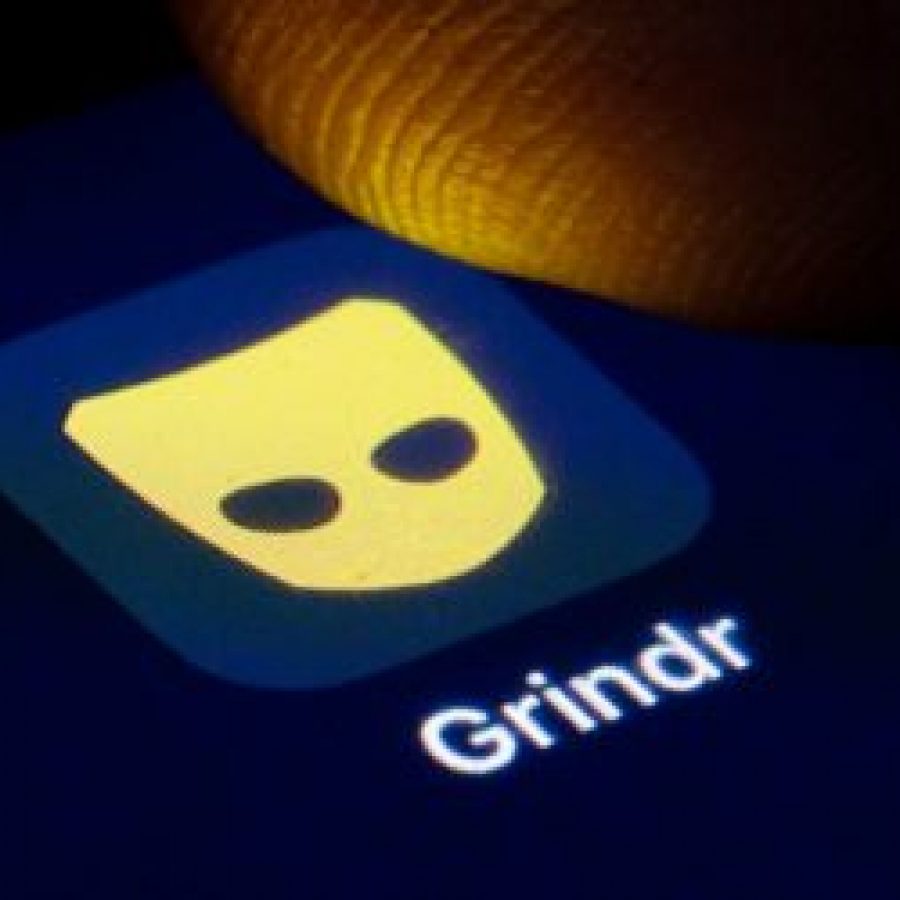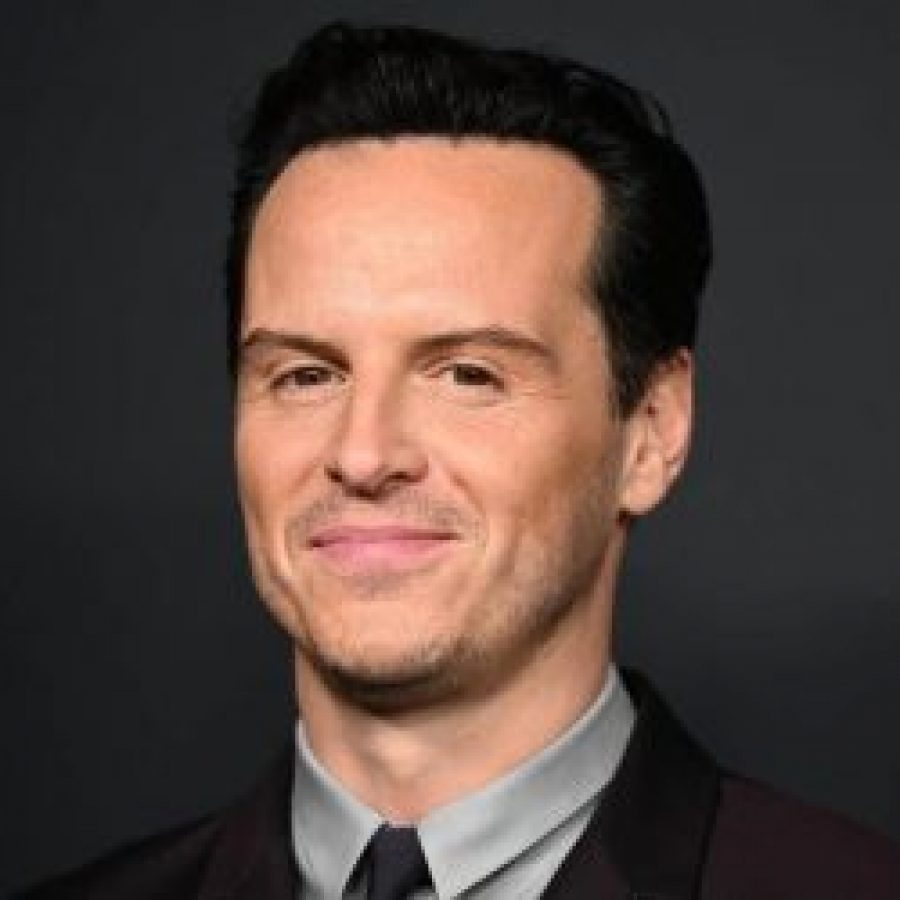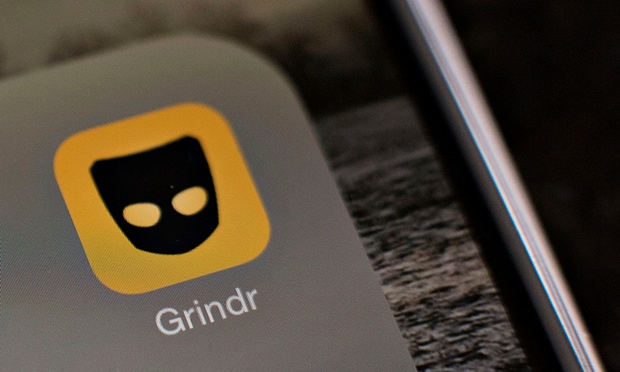
After a recent article that was published by Vox in 2018 resurfaced, the debate about who is responsible for the mental health of Grindr’s users has been ignited. The article, which was written by Jack Turban a gay psychologist, notes that orgasms are like crack, and thus Grindr is a “slot machine” which leverages a variable ratio reinforcement because the reward intervals are unpredictable.
But is it the community who are abusing a platform that can – and often is – used for healthy casual sex? Or the platform which has constructed a trap, which gay men – who are more likely to suffer from mental health issues, self-destruction and addiction – are likely to fall into?
It’s a complex debate, which was discussed at length on this week’s Cocktails and Confessions podcast episode, amidst hosts Anthony Gilét, Mark Ashley Dupé and guests, Drag Race UK Brit Crew members Tom Scanlon and AJ Bediako.
https://www.instagram.com/p/B5XhmO_lV-6/
Firstly, let’s consider that gay men using other apps, such as Tinder and Chappy – which are marketed as ‘relationship’ apps – are not suffering the same amounts of anxiety and depression as those on Grindr or other sex-focused apps. The app was deliberately designed to facilitate hook-ups, much like it’s desktop predecessors Gaydar and Manhunt; (the location of other users, the potential for anonymity (faceless profiles), and the option to select “Right Now” under what you’re Looking For). Although naturally, because smartphones and apps are portable, it’s easier to become addicted to technology, both on the whole, and with regards to sex apps.
Grindr knows there is a demand for instant sex, and while that is not something they created, it is something they’re monopolising from. For people who sit at the top of a billion-dollar empire, they should carry a level of responsibility for what they are releasing into the world. Sure, they don’t have to, but it should be a moral obligation because, while we all need to take responsibility for ourselves and our own actions, companies also have a duty of care to their customers. If you were to sell faulty goods that resulted in physical injury to a customer you’d be sued; but what about emotional damage? Similarly, if you were to sell medicine to people without informing them of the side-effects, you’d have your license stripped; Grindr, like prescription meds, can be abused.
And while we’re on the topic of safety, physical safety is something that needs to be addressed. The network Three can quite easily put a barrier on your internet to prevent you from watching porn and your Grindr screen loading, so why can’t the app do a similar thing until the user’s age is verified. I’m sure some under 18s will find a way around that, but it’s still an obstacle which might have prevented some of the underage sex crimes that have happened in the past. And as Scanlon mentions, allowing anonymity increases the risk of security.
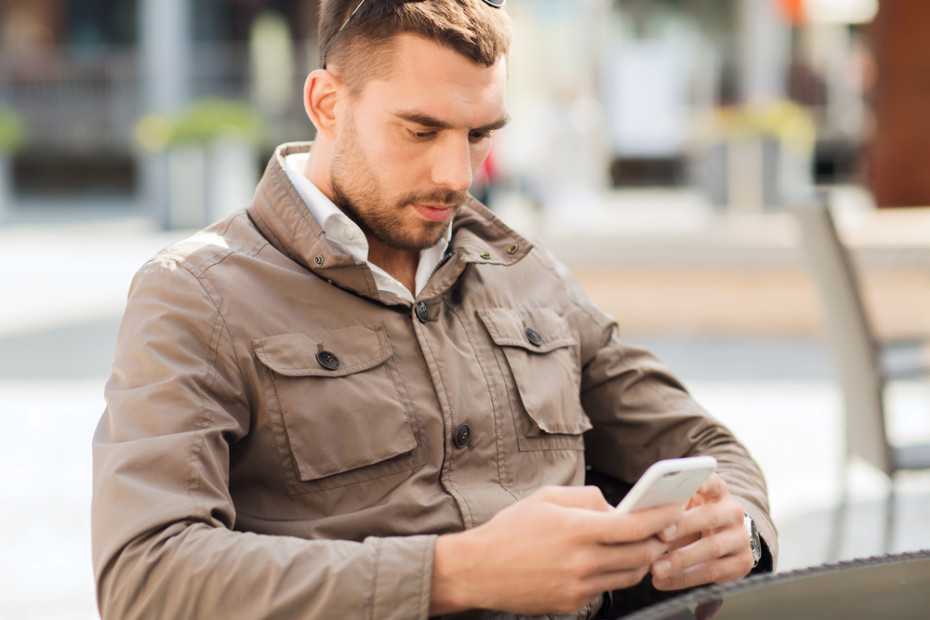
Personally, I’m not someone that’s addicted to Grindr, or ever has been, but did experience a phase where using Grindr had become particularly unpleasant. During which I deleted the app, worked on my self-worth and set mental barriers for how to use the app without getting chewed up and spat out (unless that’s what I was craving that day). For example, I stopped meeting people who I’d only spoken with once because it doesn’t give my gut enough time to decide if they’re safe to meet. I don’t expect to find a relationship there, because all the men who are serious about that use other apps; so when I’m looking for dates I go elsewhere. Just simple things.
That being said, I do understand that when you’ve got an addictive personality, low self-esteem and an 8-inch cock (not mention engaging in chemsex) that Grindr might be a desirable realm of escapism. As mentioned, our own welfare is mostly our own business, so while we should always seek to ensure the stability of our own mental health, it’s important to factor in that LGBT people are more likely to suffer from things like anxiety, depression and addiction. Up to 50% of us have experienced depression, notes Turban.
When it comes to blame though, it would perhaps be naive of us to lay it with a big company like Grindr; when have they ever cared about the little people? There are certainly improvements to be made, much like Turban suggests, “even small interventions like advertising mental health resources on the app may help to address these users’ suffering.”
But ultimately, at some point, we have to recognise our own toxic behaviours, because that is something within our control, and we’re the only ones who can control it. Perhaps if there was more information available on how to actually break the cycle, which broke down how one gets trapped in it, to begin with, it might be easier for people to escape.
Other topics which were brought up, included gay men being more promiscuous than straight people (something which Gilét and Dupé disagreed on). Listen to the full episode below, or over on Spotify and Apple.
For $5 a month you can get extra episodes via Patreon.

